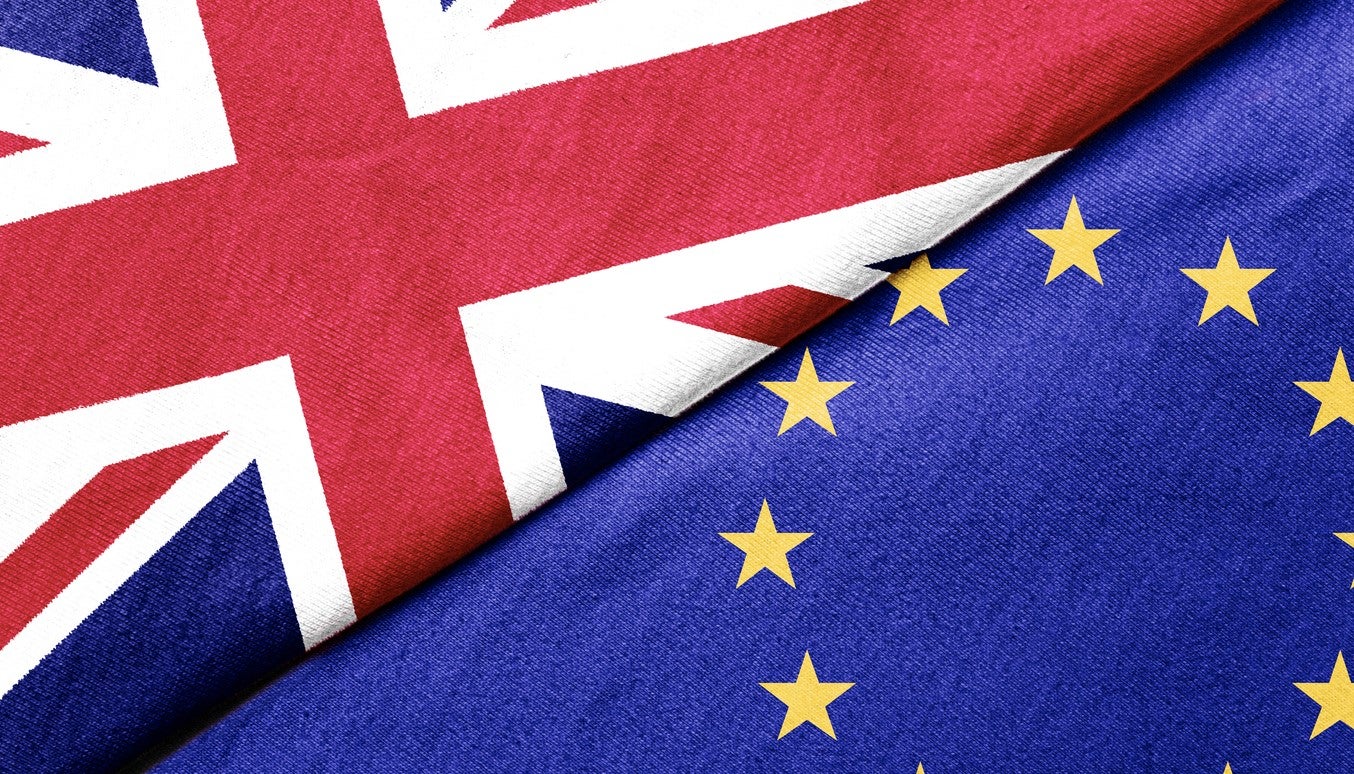Kevin Ellis, PwC UK Chairman and Senior Partner said, “The narrative of the last four or so years has been about seeking certainty and, after a series of false starts, news of a deal agreement provides that. Taken alongside the positive progress on vaccinating against Covid-19, business leaders will feel they can start planning for the future with greater clarity.
“We shouldn’t underestimate the impact of the deal nor the work needed to manage through and beyond the end of the transition period and to implement changes brought by the fine print. Leaving the single market and customs union will impose significant extra costs on UK businesses. However, avoiding the economic shock of a ‘no deal’ and stabilising our relationship with our closest trading partners is good news, and over time we can hopefully build on this deal, as well as taking advantage of the opportunity to form new partnerships around the world.”
Commenting on the impact of incoming changes, Andrew Gray, head of Brexit at PwC UK, said:
“The agreement of a deal is definitely very good news, but we must remind ourselves that significant change is coming. A number of steps are still required, such as finalising and translating the legal text, before the EU and UK can ratify the deal, and we can begin the work of analysing the detail of what’s reportedly a lengthy document. But, whatever that detail shows, organisations must still be ready for the changes required to operate outside the EU customs union and single market, which will impact the movement of goods, people, and data in the new year.
“It’s a challenging time – cashflow is still under huge pressure in many sectors and some industries are being reshaped fundamentally by the pandemic. Doing everything possible to minimise disruption in the new year will give businesses the best chance of making the most of the new UK-EU relationship.”
On Movement of goods – Andrew Gray, head of Brexit at PwC UK, said: “Confirmation that tariffs and quotas won’t apply for movement of goods between the UK and the EU will be a real relief, but firms will still need to navigate the new UK Border Operating Model, customs declarations, requirements on products’ origins, new procedures for controlled goods and changes to VAT from 1 January. There may also be changes to tariffs for business between the UK and other non-EU countries depending on other trade agreements, and the implications of WTO rules and the UK Global tariff. From 1 January, this will all impact supply chains and buyer behaviours. And remember that for goods passing between Great Britain and Northern Ireland different rules will apply.”
How well do you really know your competitors?
Access the most comprehensive Company Profiles on the market, powered by GlobalData. Save hours of research. Gain competitive edge.

Thank you!
Your download email will arrive shortly
Not ready to buy yet? Download a free sample
We are confident about the unique quality of our Company Profiles. However, we want you to make the most beneficial decision for your business, so we offer a free sample that you can download by submitting the below form
By GlobalDataOn Movement of people – Andrew Gray, head of Brexit at PwC UK, said: “As we’ve known for some months, new immigration rules will impact business travel, and the different permissions and documentation needed to carry out work in the 27 EU member states – whether that’s crossing borders to deliver raw materials or taking the Eurostar to get an acquisition over the line. It also means that employing EU nationals without settled status will get more complicated and costly for UK businesses. Practical things that companies should be doing now, if they haven’t already, include applying for a sponsorship licence and communicating with eligible staff about applying to the EU Settlement Scheme.”
On Movement of data – Andrew Gray, head of Brexit at PwC UK, said: “There are gaps in some organisations’ data protection and privacy plans. GDPR means that personal data – whether relating to employees, customers, or suppliers – can’t be moved to countries outside of the EU and EEA unless covered by an adequacy decision, which didn’t form part of these negotiations. Businesses need to understand where the data they rely on originates and update their privacy notices and contracts to make sure data flows don’t grind to a halt and that they can operate within regulations if the decision doesn’t go in the UK’s favour.”






